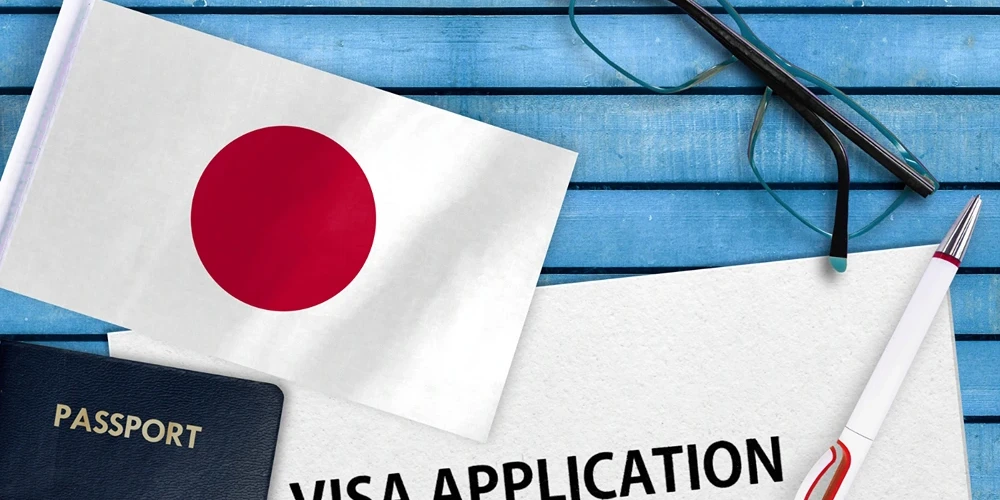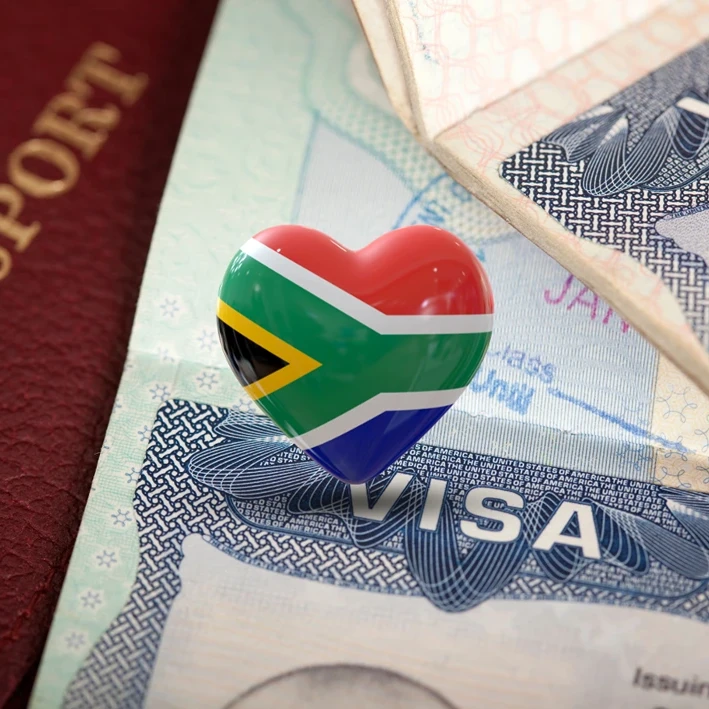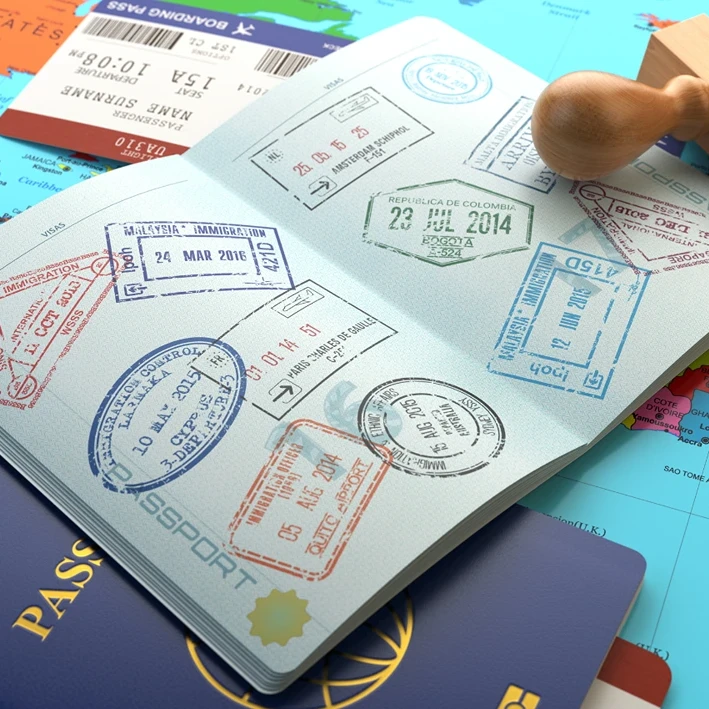“Are you dreaming of cherry blossoms, bustling cities, and serene temples in Japan but confused about the visa requirements? Navigating the complexities of obtaining a Japanese visa can be daunting without clear guidance. From working visas to tourist permits, each type has specific criteria and purposes. This article breaks down everything you need to know about visa requirements for Japan, ensuring that you can enjoy your journey without any administrative headaches. While planning your trip, you might also want to explore the best places to visit in Japan. From the iconic Mount Fuji to the bustling streets of Tokyo, Japan offers a plethora of destinations that cater to all kinds of travelers. Whether you’re interested in historical sites, natural wonders, or modern attractions, Japan’s diverse landscape ensures an unforgettable experience. Whether you’re planning to work, study, or simply explore, understanding these essentials will make your process smoother.”
Table of Contents
Overview of Visa Types for Japan
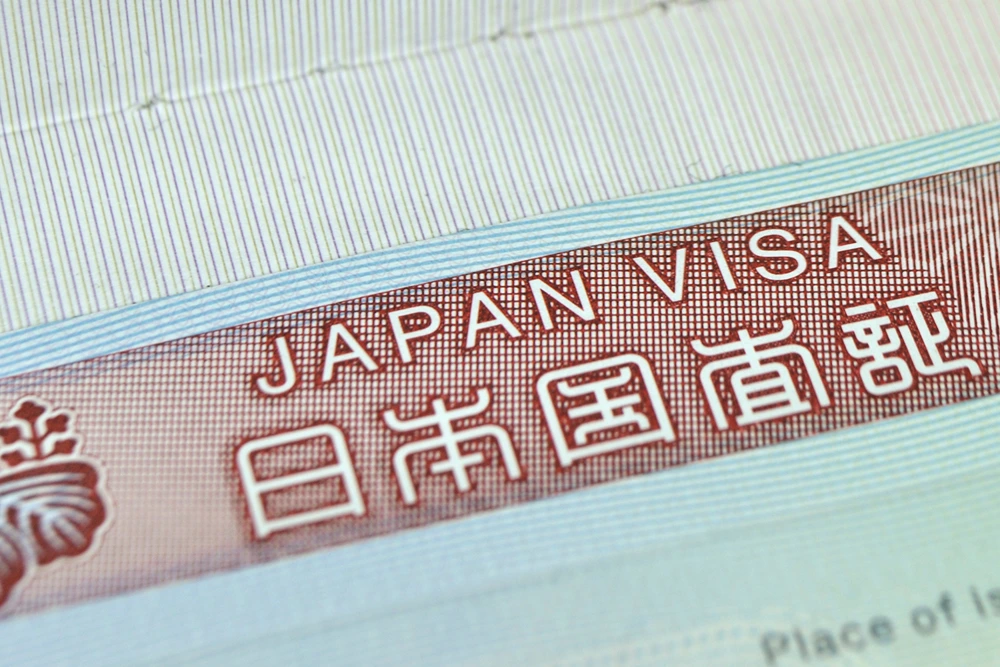
Japan offers various types of visas tailored to different purposes and durations of stay. The primary categories include working visas, non-working visas, family-related visas, and tourist visas. Each type has specific eligibility criteria and intended purposes that applicants must meet to be granted entry.
Working Visas are designed for individuals possessing specialized skills or professional knowledge. These visas are generally long-term and allow holders to work in fields such as engineering, teaching, or international services. Applicants must demonstrate their qualifications and secure employment in Japan before applying.
Non-Working Visas permit limited work under specific conditions. Holders can engage in part-time employment with permission from the immigration office, but there are restrictions on the number of working hours. Examples include student visas and cultural activities visas.
Family-Related Visas are available for spouses and children of Japanese nationals or permanent residents. These visas have no employment restrictions, allowing holders to work freely in Japan. The primary requirement is proof of relationship and residency status of the sponsoring family member.
Tourist Visas are necessary for travelers from non-visa-exempt countries. These short-term visas are generally valid for up to 90 days and require documentation such as a valid passport, flight itinerary, and proof of accommodation. Once your visa is sorted, consider embarking on some of the best road trips in Japan. Driving through the scenic routes of Hokkaido or the coastal roads of Okinawa can offer a unique perspective of Japan’s natural beauty and cultural richness, making your journey even more memorable.
Business Visas cater to individuals visiting Japan for business-related activities such as attending meetings, conferences, or negotiations. Applicants must provide an invitation letter from a Japanese business entity and details of their intended activities.
- Working Visas
- Non-Working Visas
- Family-Related Visas
- Tourist Visas
- Business Visas
Japan Tourist Visa Requirements
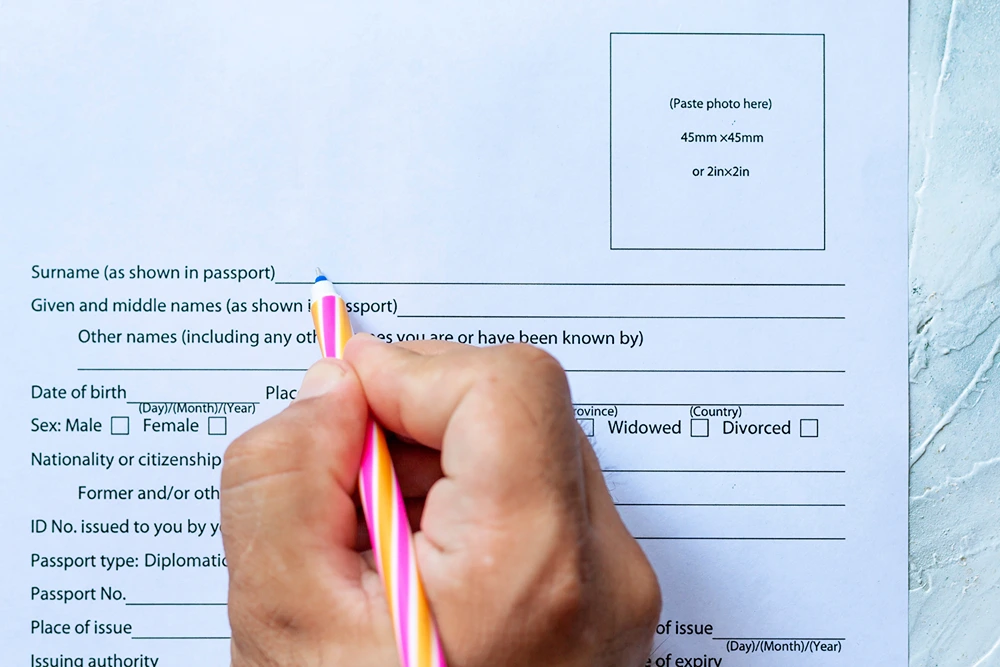
Tourist visa requirements for Japan involve meeting specific eligibility criteria to ensure a smooth application process. Citizens from non-visa-exempt countries must obtain a tourist visa before entering Japan. The visa is valid for three months from the issue date, allowing a stay of up to 90 days. Applicants must demonstrate their intent to visit Japan for tourism purposes and provide necessary documentation to support their application.
Required documents for a tourist visa include the following:
- Valid passport
- Recent photo
- Flight itinerary
- Trip itinerary
- Accommodation confirmation
- Bank statements
- Visa application form
These documents help verify the applicant’s identity, travel plans, and financial stability, ensuring they can support themselves during their stay in Japan. The passport must have at least six months of validity remaining, and the recent photo should meet specific size and format requirements as outlined by Japanese consulates.
The tourist visa application process involves filling out the visa application form and submitting it along with the required documents to a Japanese embassy or consulate. The visa is valid for 90 days, allowing a short-term stay for tourism purposes. Applications are typically processed within a few weeks, but processing times may vary depending on the location of the submission and the completeness of the application.
| Requirement | Details |
|---|---|
| Valid passport | Must have at least six months of validity remaining |
| Recent photo | Must meet specific size and format requirements |
| Flight itinerary | Copies of confirmed flight bookings |
| Trip itinerary | Detailed travel plans within Japan |
| Accommodation confirmation | Proof of hotel bookings or other lodging arrangements |
| Bank statements | Proof of financial stability to cover the trip |
| Visa application form | Completed and signed by the applicant |
Applying for a Japan Work Visa
Foreigners wishing to work in Japan need a work visa, which must be obtained from a Japanese embassy or consulate. There are various types of work visas tailored to different professional fields. For instance, the “Specified Skills” visa allows individuals to work in sectors like construction and nursing without requiring a degree. General requirements include a valid job offer and a Certificate of Eligibility. Note that jobs such as waiter, construction worker, and salesperson are not eligible for these visas.
The application process for a Japan work visa involves several key steps:
- Obtain a Certificate of Eligibility
- Gather necessary documents
- Submit application at a Japanese embassy or consulate
- Attend an interview (if required)
- Pay the visa fee
- Wait for visa approval
The Certificate of Eligibility is a crucial document issued by the Japanese immigration authorities. It verifies that the applicant meets the requirements for the specific type of work visa. This certificate must be submitted along with other necessary documents, such as a valid passport, recent photo, and proof of employment, to the Japanese embassy or consulate. Once the application is reviewed and approved, the applicant can proceed to enter Japan and commence employment.
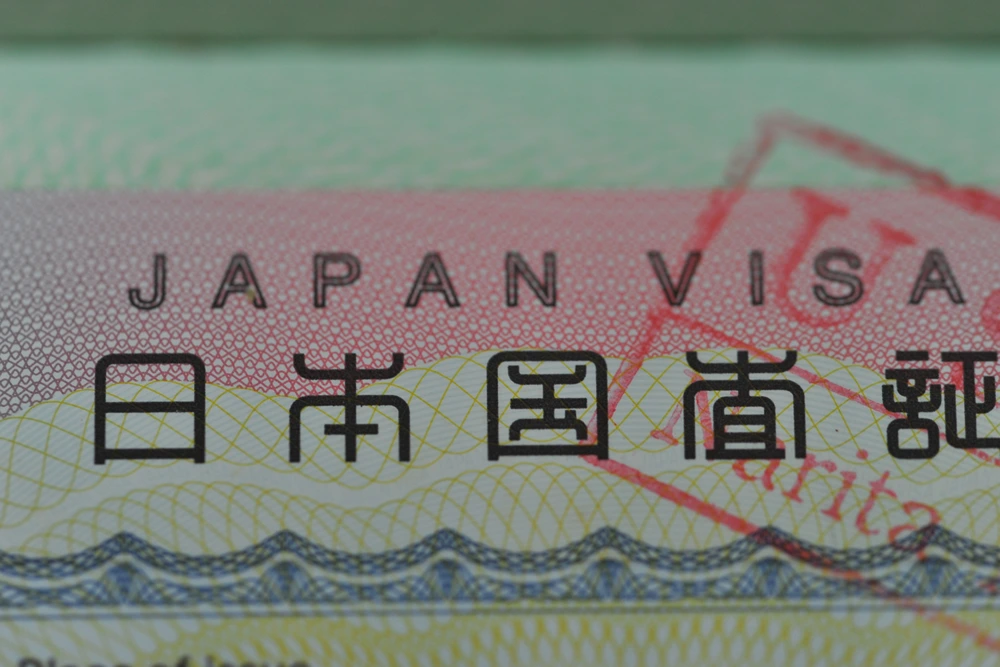
Japan Student Visa Requirements
To study in Japan, international students must secure a student visa. The primary requirements include sponsorship from a recognized Japanese educational institution and proof of sufficient financial resources to cover tuition and living expenses. Sponsorship typically involves an acceptance letter from the institution, which serves as a crucial part of the visa application. Additionally, the applicant must demonstrate their intention to pursue education in Japan and meet the financial criteria set by the immigration authorities.
Required documents for a student visa include:
- Valid passport
- Recent photo
- Proof of enrollment
- Financial statements
- Completed visa application form
- Additional supporting documents (if required)
Residence permission for student visa holders ranges from three months to four years and three months, depending on the length of the academic program. Students are allowed to engage in limited paid work, usually up to 28 hours per week, with prior permission from the immigration office. This work allowance helps students manage their living expenses while studying in Japan. If you’re planning your visit, knowing the best time to travel to Japan can enhance your experience. Whether you’re captivated by the cherry blossoms in spring or the vibrant autumn foliage, each season offers unique attractions and cultural events that can enrich your stay. The residence permission can be extended if the student continues to meet the eligibility criteria and remains enrolled in an accredited institution.
Japan Visa Application Process
The Japan EV Visa is an electronic visa that simplifies the application process by making it entirely online. This method is both efficient and fast, allowing applicants to submit their documents and track their application status from the comfort of their homes. The online process involves filling out a digital form, uploading necessary documents, and paying the required fees. Once you have your visa, you’ll need to navigate Japan efficiently. Check out these transportation tips in Japan to make the most of your travel. From understanding the intricacies of the Japan Rail Pass to mastering the local bus systems, these tips will help you travel like a local and explore the country with ease. Once submitted, electronic visas are typically processed more quickly than traditional visas, making them a convenient option for many travelers.
For those applying for a regular visa, the process involves several key steps:
- Fill out the visa application form
- Gather required documents
- Submit application at a Japanese embassy or consulate
- Attend an interview (if required)
- Pay the visa fee
Applicants must fill out a visa application form and submit it along with their passport, a recent photo, flight itinerary, trip itinerary, accommodation confirmation, and bank statements. The form should be completed accurately to avoid any delays or rejections. After gathering all required documents, the next step is to submit the application at a Japanese embassy or consulate. An appointment may be necessary, and in some cases, applicants may need to attend an interview to verify their information.
Regular visa applications take longer to process than electronic visas due to the additional steps involved. After submitting the application and attending any required interviews, applicants must pay the nonrefundable visa fee. Processing times can vary depending on the applicant’s location and the completeness of their submission, but it typically takes several weeks. Once approved, the visa will be affixed to the applicant’s passport, allowing them to enter Japan for their intended purpose.
Japan Visa Fees and Processing Times
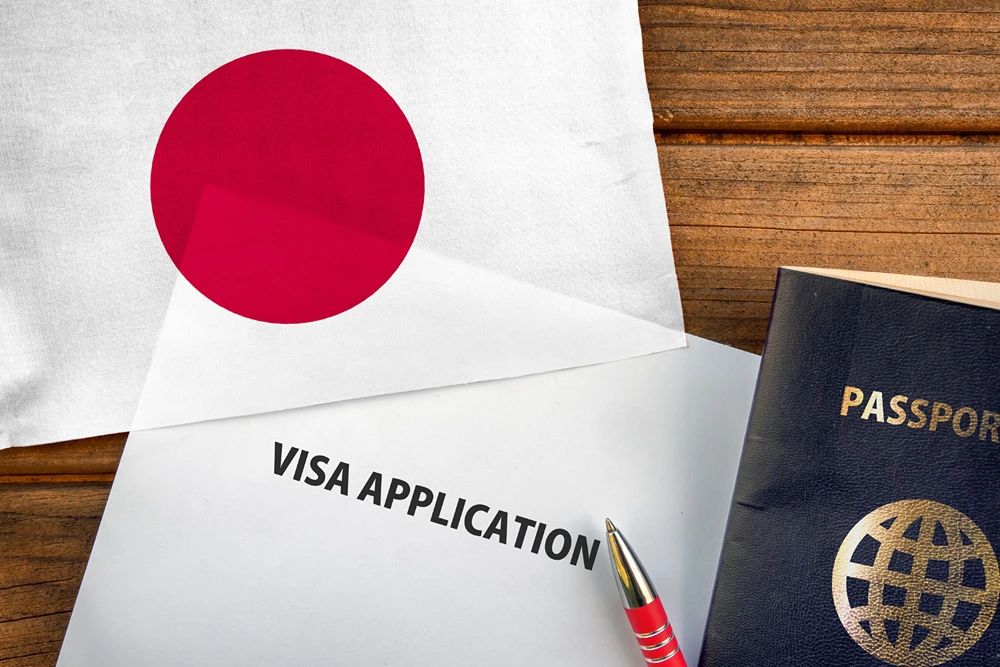
The cost for Japanese visas varies based on the type of visa and whether it is for single or multiple entries. Single-entry visas typically cost around 3,000 JPY (approximately 30 USD), while multiple-entry visas may cost up to 6,000 JPY (approximately 60 USD). It’s important to note that fees are nonrefundable, regardless of the outcome of the application. The table below provides a summary of fees for different types of Japanese visas.
| Visa Type | Fee |
|---|---|
| Single Entry Visa | 3,000 JPY (30 USD) |
| Multiple Entry Visa | 6,000 JPY (60 USD) |
| Transit Visa | 700 JPY (7 USD) |
| Work Visa | 4,000 JPY (40 USD) |
| Student Visa | 4,000 JPY (40 USD) |
Japan visa processing times generally vary depending on the type of application. Electronic visa applications (EV Visa) are typically processed within five business days, making them a faster option for travelers. Regular visa applications, which require submission at a Japanese embassy or consulate, often take longer due to appointment scheduling and document verification. Processing times for regular applications can range from a few weeks to over a month, depending on the applicant’s location and the completeness of the submission.
Frequently Asked Questions about Japan Visas
Citizens of over 50 countries benefit from a “general visa exemption arrangement” and need only a valid passport to enter Japan as temporary visitors for up to 90 days. This includes most European countries, the United States, Canada, and Australia. For those not covered by this exemption, a visa is required. Application rejections often stem from incomplete documentation or failing to meet eligibility criteria. If denied entry, it’s advisable to contact the Japanese Embassy or Consulate to determine reapplication eligibility. Short-term bans may last a few months, while long-term bans can extend to several years.
Common reasons for visa rejection include missing or incorrect documentation, insufficient financial proof, and failure to meet specific visa criteria. To minimize the risk of rejection, ensure all documents are complete and accurate. If your visa application is denied, review the specific reasons provided and address any deficiencies before reapplying. Contacting the Japanese Embassy can offer guidance on when and how you can reapply.
- Do US citizens need a visa for Japan?
- No, US citizens do not need a visa for short stays of up to 90 days.
- What are the common reasons for visa rejection?
- Incomplete documentation, financial insufficiency, and not meeting visa criteria.
- How long can UK citizens stay in Japan without a visa?
- UK citizens can stay in Japan for up to 90 days without a visa.
- What steps should I take if my visa application is denied?
- Contact the Japanese Embassy for details and reapply after addressing the issues.
- Can I extend my tourist visa while in Japan?
- No, tourist visas cannot be extended. You must leave and reapply if needed.
Final Words
Navigating the visa requirements for Japan isn’t as daunting as it might seem.
From understanding the various visa types—working, non-working, family-related, tourist, and business visas—to gathering the necessary documents like passports and bank statements, each application process requires specific steps and care.
Whether seeking a work permit or planning a brief tourist visit, meeting these visa requirements for Japan opens the door to new opportunities and experiences.
Approaching the process methodically ensures a smoother experience, paving the way for an enriching time in Japan.
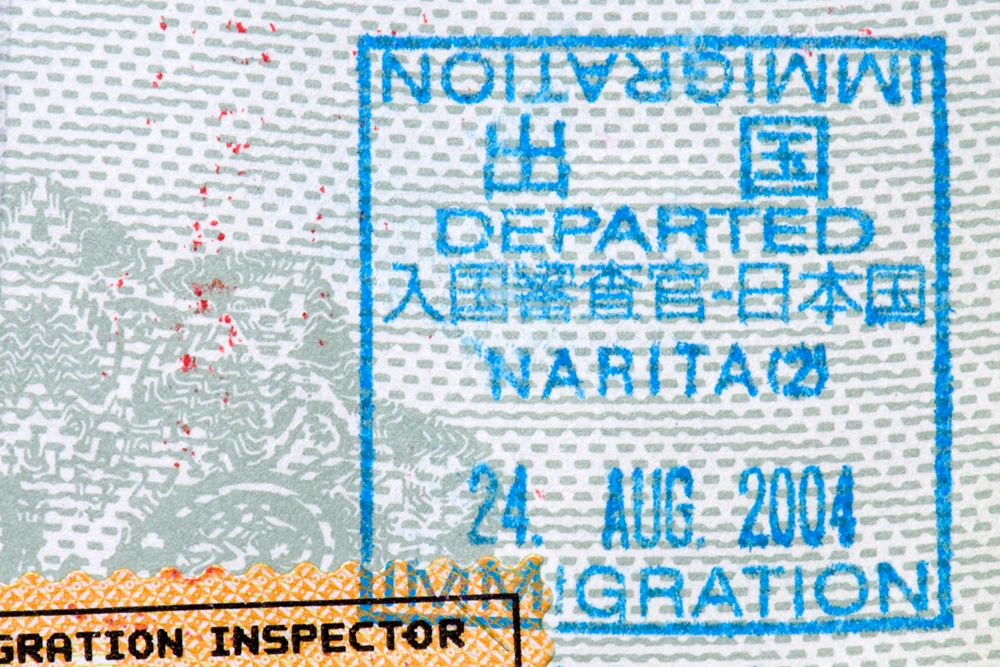
FAQ
Who needs a visa to enter Japan?
Most travelers from countries not on Japan’s visa-exempt list need a visa to enter Japan. Check your country’s status with the Japanese Consulate.
What are the visa requirements for Japan?
Visa requirements vary by visa type but commonly include a valid passport, a completed application form, recent photo, and proof of financial stability.
Do I need a visa to travel through Japan airport?
Transiting through a Japanese airport may not require a visa if you stay in the transit area and depart within 24 hours.
What requirements are needed to enter Japan?
To enter Japan, you typically need a valid passport, a return or onward ticket, and compliance with any visa requirements specific to your nationality.
What are the Japan tourist visa requirements?
Requirements include a valid passport, recent photo, flight itinerary, trip itinerary, accommodation confirmation, and financial statements. The visa is usually valid for 90 days.
What are the Japan visa requirements for U.S. citizens?
U.S. citizens do not need a visa for short stays up to 90 days. Longer stays require a visa and specific documentation, including a valid passport.
What are the Japan visa requirements for Indian citizens?
Indian citizens need a valid passport, visa application form, photo, flight itinerary, accommodation details, and proof of financial resources.
What are the Japan visa requirements for Philippine citizens?
Filipino citizens need a valid passport, completed application form, recent photo, itinerary details, proof of financial capability, and sometimes a guarantor letter.
What are the Japan visa requirements for U.S. Green Card holders?
U.S. Green Card holders must follow the visa requirements of their nationality. Check the Japanese Consulate for specific guidelines.
What are the requirements for a tourist visa in Japan with a guarantor?
In addition to standard documents, you may need a letter from a guarantor in Japan, financial proof from the guarantor, and a copy of the guarantor’s passport or residence card.
What are the new rules for Japan immigration for foreigners?
Recent rules may include updated requirements for work visas, stricter documentation checks, and enhanced verification of financial stability. Check the latest updates from Japanese immigration.
Hazel Wall is a passionate traveler, writer, and explorer dedicated to sharing her experiences and insights with fellow adventurers. With a background in journalism and a deep love for discovering new cultures, Hazel has journeyed across continents, immersing herself in diverse landscapes and traditions.


